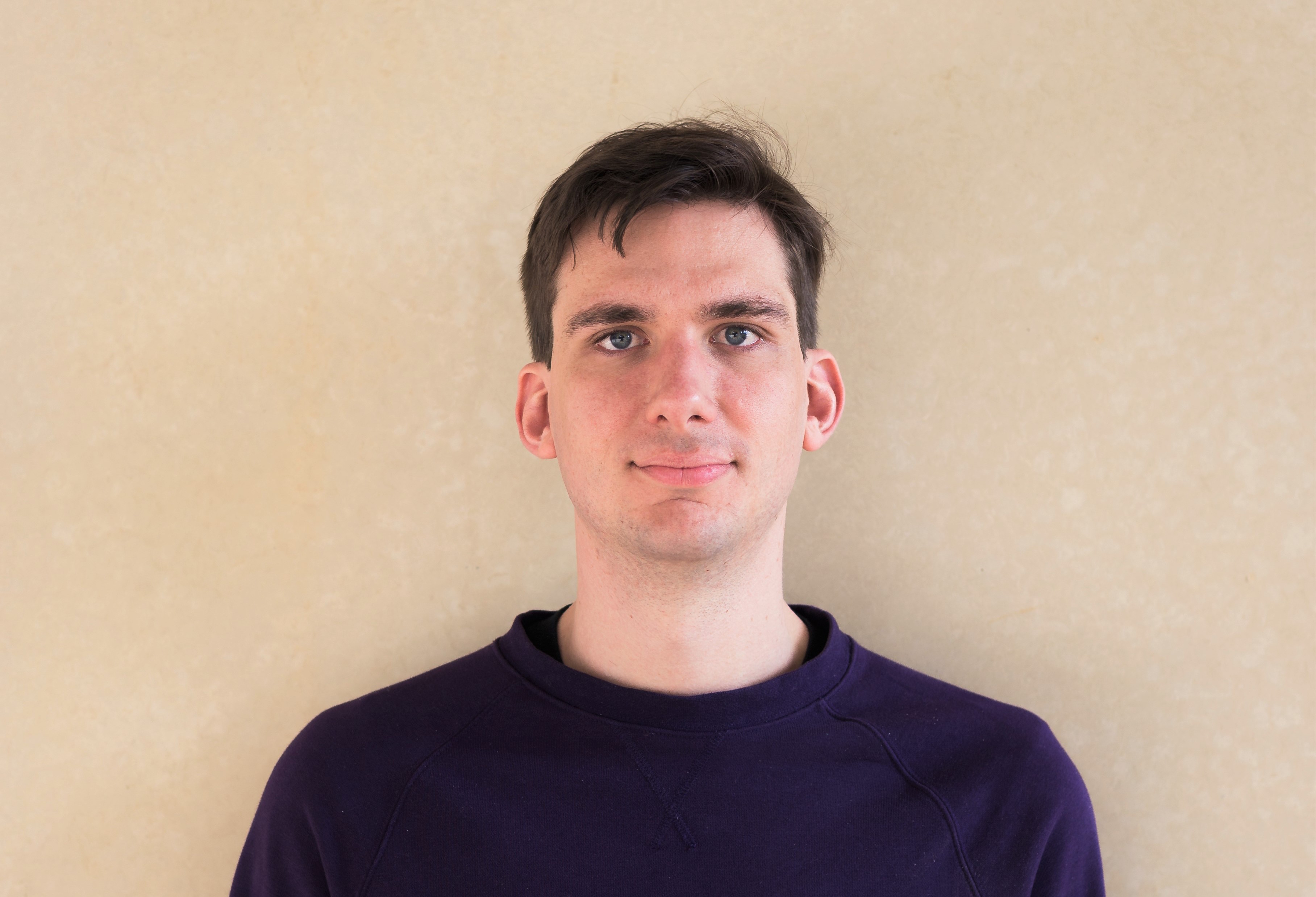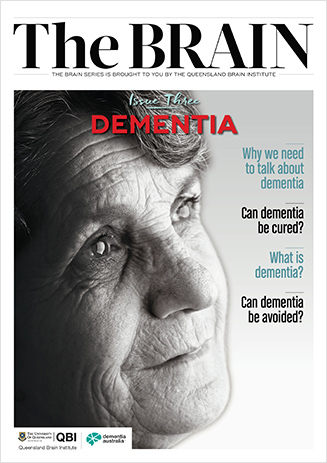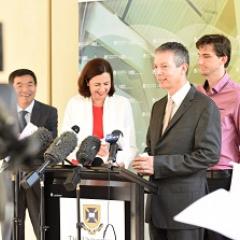Gerhard Leinenga: using ultrasound to treat dementia

After completing undergraduate and honours studies at UQ, Dr Gerhard Leinenga joined Professor Jürgen Götz’s laboratory as the Clem Jones Centre for Ageing Dementia Research’s first PhD student in 2012.
Since then, Dr Leinenga has been caught in the whirlwind of excitement about his work into treating Alzheimer’s disease using ultrasound.
The method, which uses microbubbles to bypass the blood-brain barrier, then utilises ultrasound waves to vibrate the microbubbles and activate microglia, resulting in amyloid beta aggregates being dismantled in diseased Alzheimer’s brains.
“After studying an anti-inflammatory drug in an epilepsy model during honours, I saw joining QBI and the new Centre as a challenge, but one that provided many opportunities,” Dr Leinenga said.
“I spoke to Jürgen after he came back from a conference and said he had an exciting project after hearing about ultrasound as a way to disrupt the blood-brain barrier."
The importance of the opportunity was also highlighted by an ageing population and increasing number of diagnoses of dementia.
“I saw that research treating dementia can potentially have a huge impact on patients’ lives, their carers, and society as a whole,” he said.
“So not only was there an intellectual challenge, but working on something meaningful is also personally rewarding.”
The success of the work recently culminated with the release of a paper in Science Translational Medicine with him as first author, drawing wide domestic and international coverage.
“I had no idea how much interest there would be in the work—ongoing interest; two months after the announcement we’re getting requests to do appearances on American television.”
The promise of the work is leading Dr Leinenga to continue the research and tackle new challenges.
“The project is starting to open up a lot of physics and engineering questions as well as it starts to move towards how it could work as a device for human use,” Mr Leinenga said.
“We’re fundamentally biologists, so it’ll be an ongoing, evolving challenge for us to marry the biological needs with the challenge of creating something that can be manufactured and optimised.
“The field is rapidly accumulating knowledge about what happens in our brains as we age, and how in some people this leads to dementia is a fascinating scientific problem. As yet, we don’t have a definitive answer on how to solve that.”



